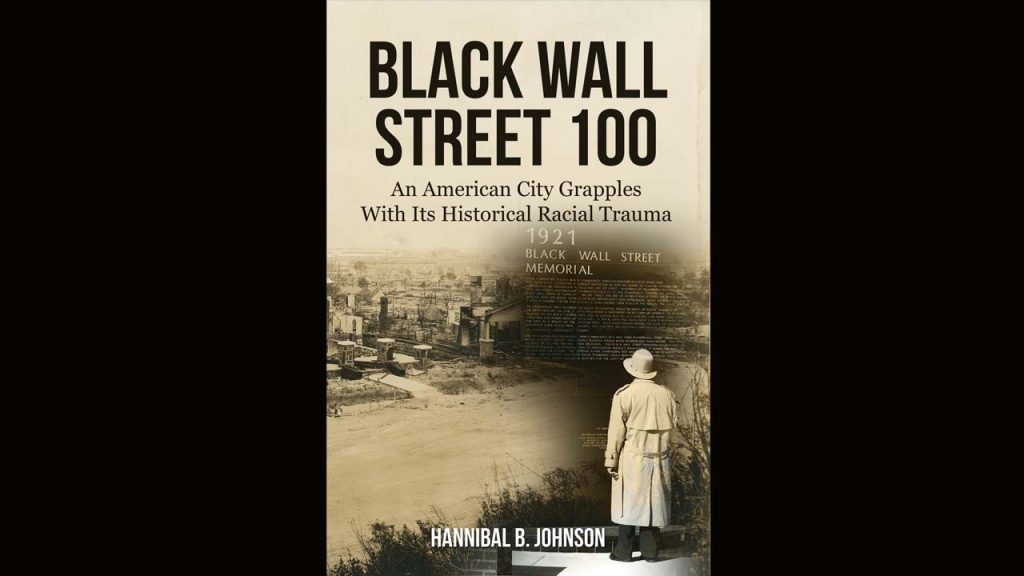What We Can Learn From Tulsa, 100 Years Later
Author Hannibal Johnson says 100 years after the Tulsa Race Massacre, Americans still don’t understand the breadth of racial trauma in our own history.

It’s been 100 years since the 1921 Tulsa Race Massacre, where a white mob viciously destroyed the Black neighborhood of Greenwood. In his book “Black Wall Street 100: An American City Grapples with Its Historical Racial Trauma,” Hannibal Johnson explores how these historical injustices connect and influence American society today. Johnson will be speaking at Wayne State University’s virtual Tulsa Centennial Discussion at 7 p.m. June 16 as part of the university’s Juneteenth programming.
“I think there are some reasons people don’t understand this history, we as Americans don’t do a good job teaching inclusive history … history of Native and Black folks … our problems dealing with hard history are systemic problems.” –Hannibal Johnson
Listen: How the Tulsa Race Massacre shapes the present.
Guest
Hannibal Johnson is an attorney and author of “Black Wall Street 100: An American City Grapples with Its Historical Racial Trauma.” He says the events of Tulsa are embedded in the modern-day legacy of systemic racism and trauma. “Essentially it was a white mob who invaded the community destroying everything … more than 100 people were killed … homes were destroyed … millions of dollars in property damage … but the overarching narrative really has to do with human spirit.”
Johnson says how the history of Tulsa has been told relies heavily on the white narratives that shaped and silenced the events of the massacre. “It’s the reportage of the incident rather than the incident itself. The day after the elevator incident… [the Tribune] published an article … that presented a false narrative.”
The centennial anniversary of the massacre calls for a robust conversation about how Americans address our history, according to Johnson. “I think there are some reasons people don’t understand this history, we as Americans don’t do a good job teaching inclusive history … history of Native and Black folks … our problems dealing with hard history are systemic problems.”
Johnson says we need to glean lessons from our past. “I think it’s absolutely true that we are in a midst of revisionist history especially right now following the Jan. 6th insurrection.”
Trusted, accurate, up-to-date
WDET is here to keep you informed on essential information, news and resources related to COVID-19.
This is a stressful, insecure time for many. So it’s more important than ever for you, our listeners and readers, who are able to donate to keep supporting WDET’s mission. Please make a gift today.
